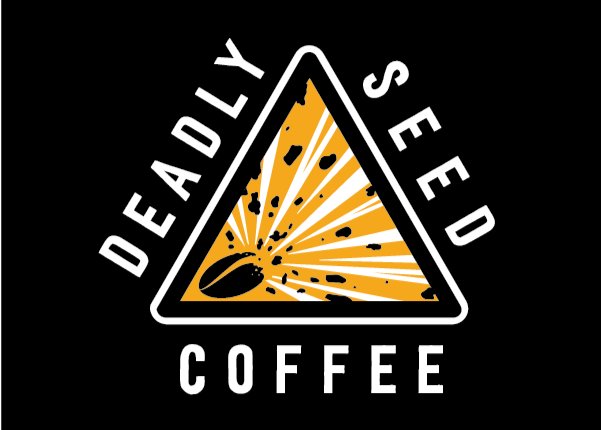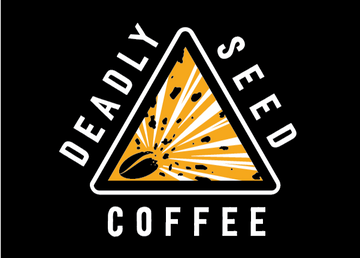What is Specialty coffee and other Q&A's
What is specialty coffee?
Specialty coffee refers to premium-quality beans that score 80 points or higher on a 100-point scale, as evaluated by certified coffee graders. These beans are typically cultivated in optimal growing conditions, such as higher altitudes, and undergo meticulous harvesting and processing to highlight distinct flavors and aromas.
How is specialty coffee different from regular coffee?
The key difference lies in the quality of the beans. Specialty coffee is sourced from specific, high-quality beans grown and processed with more care. Regular coffee, by comparison, is often made with lower-grade beans and lacks the complex flavor profile of specialty coffee.
How is specialty coffee graded?
Coffee is graded by licensed Q graders who assess multiple factors, including aroma, flavor, aftertaste, acidity, body, and balance. Only beans that score at least 80 points are considered specialty coffee, indicating exceptional quality.
What does "single origin" mean in coffee?
Single origin coffee is made from beans sourced from one specific location, such as a single farm or region. This allows the distinct characteristics of that origin to be fully experienced in the cup.
What’s the best way to brew specialty coffee?
The ideal brewing method is subjective and depends on your taste preferences. Some popular methods include pour-over (e.g., Chemex or V60), French press, AeroPress, and espresso. Each method extracts different flavors, so it’s fun to experiment and find what works best for you.
How should I store specialty coffee beans?
To maintain freshness, store beans in an airtight container in a cool, dry place, away from light. Avoid refrigeration or freezing, as they can introduce moisture that harms the beans. For the freshest taste, grind the beans just before brewing.
Why is specialty coffee more expensive than regular coffee?
Specialty coffee is generally pricier because it comes from higher-quality beans, often cultivated using sustainable farming methods. It also involves more careful processing, small-batch roasting, and precise brewing, all of which contribute to its higher cost.
What is the difference between light and dark roast?
Light roasts preserve the original flavors of the coffee, highlighting the natural notes from the coffee's region, such as fruity or floral flavors. Dark roasts, on the other hand, bring out deeper, bolder, and sometimes bitter roasted flavors, as the beans are roasted longer.
Is specialty coffee more sustainable?
Yes, many specialty coffee roasters focus on sustainable practices. These coffees are often sourced from small, independent farms that prioritize eco-friendly methods. Many specialty brands also engage in fair trade or direct trade practices, ensuring that farmers receive a fair price for their crops.
What does "direct trade" mean?
Direct trade refers to when coffee roasters establish direct relationships with coffee farmers, eliminating intermediaries like brokers. This model ensures that farmers receive a better price for their beans and allows roasters to have more control over the quality of the beans they purchase.
Can I enjoy specialty coffee if I’m not a fan of coffee?
Absolutely! Specialty coffee tends to be less bitter and smoother than regular coffee, especially when brewed properly. If you're not fond of coffee's traditional strong flavors, you might enjoy a lighter roast or a brewing method like pour-over that emphasizes subtle, delicate flavors.
What is a "cupping" session?
Cupping is a formal tasting process where coffee is brewed in a standardized way to evaluate its flavor profile. Tasters assess different qualities like aroma, taste, acidity, body, and aftertaste. It’s a vital step for roasters and buyers to select the best beans.
How long does specialty coffee stay fresh?
Specialty coffee is best enjoyed within two to three weeks after roasting, as the flavors start to fade over time. To preserve freshness, store your beans in an airtight container in a cool, dark place.
What grind size should I use for brewing specialty coffee?
The grind size should match your brewing method:
Coarse grind for French press.
Medium grind for drip or pour-over.
Fine grind for espresso



